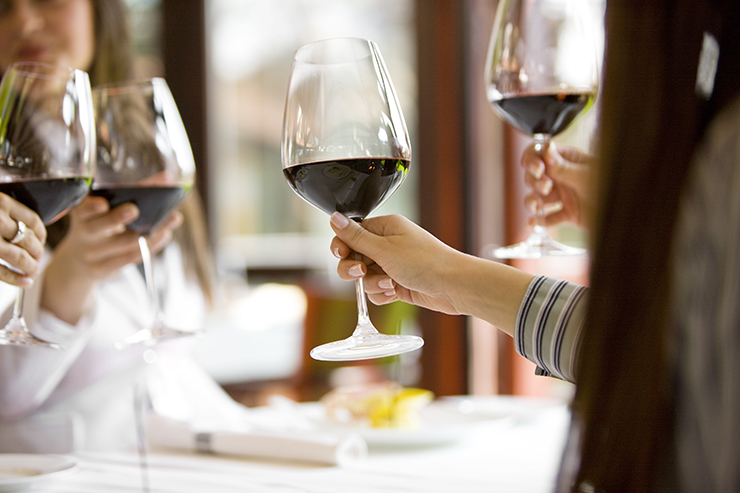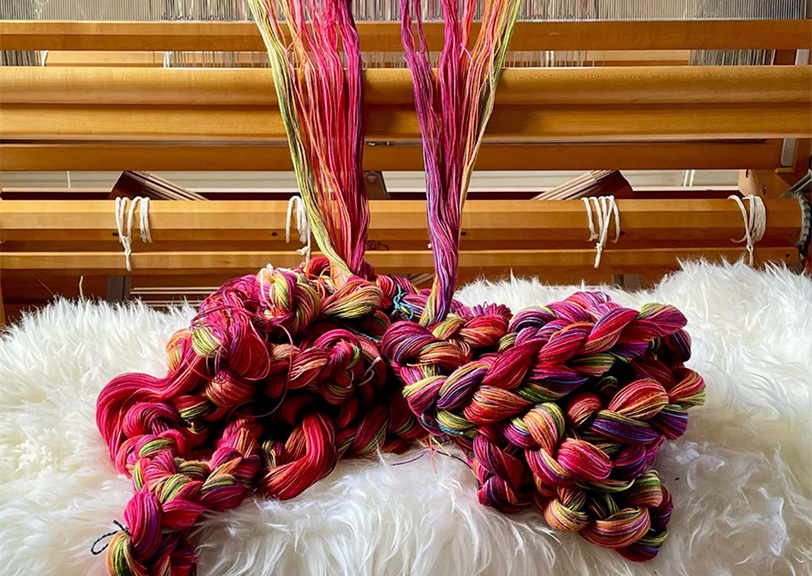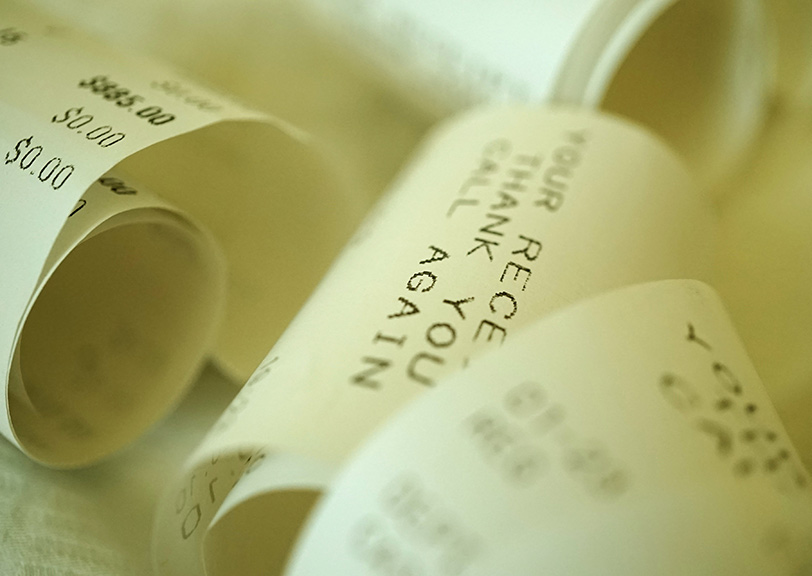ENTER YOUR EMAIL TO RECEIVE OUR WEEKLY NEWSLETTER
Do I look fat in this Merlot?
A glass of wine a day is supposed to be good for you, isn’t it? Here’s the harsh reality, and some recommendations on how to drink well.
By Stacia Friedman

A version of this article previously appeared in GetInTheGroove.com.
. . . . . . . . . . . .
The holidays are here. You say no to a tidal wave of brie, butter cookies and brownies. What about the Merlot? Sure, a glass of red wine a day is supposed to be good for you. But check the calories. Just two glasses of Merlot per day equals 9,000 calories per month. You may as well inhale 30 McDonald’s cheeseburgers.
It’s not just about calories. Wine actually disrupts your metabolism, turning carbs into sugar, then into fat. And you thought it was those late night munchies. It’s a vicious cycle for women. When you hit menopause, your metabolism slows down due to hormonal changes. You gain weight just reading a menu. At the same time, wine smooths out the obstacle course of insomnia, decreased libido, hot flashes, night sweats and irritability. For many, life without wine at dinner is unthinkable.
Here’s the harsh reality. Studies show that when alcohol is in your system, it’s harder for your body to burn fat that’s already there. In other words, your body automatically turns wine into carbs before it does anything with your dinner. No matter how many calories you burn off each day, you pile them back on when you wash down your dinner with wine.
Here’s another reason wine is fattening. You eat more when you drink alcohol of any kind. Suddenly, those nachos are beckoning. And so is that chocolate mousse. According to studies, women consume an extra 300 calories on “light” drinking days. Don’t ask what happens when you and your mate kill an entire bottle.
Check the size of your wine glass. Anything over a five-ounce pour per day is too much. Over ten ounces a day? Women who do that are categorized as “heavy drinkers” by the CDC.
The Good News
Red wine contains a super antioxidant called resveratrol found in the skin of red grapes. (White wine is made without skins so it contains none.) Resveratrol is believed to lower the risk of cancer, heart disease and osteoporosis. It lowers the risk of dementia by reducing the stickiness of blood platelets, keeping blood vessels open and flexible, and this promotes a good supply of blood to the brain. Researchers at Johns Hopkins University School of Medicine found that resveratrol may protect the brain from stroke damage. Another study (www.EurekAlert.org) showed that red wine boosted levels of omega-3 fatty acids in red blood cells which protect against heart disease.
Fun fact: red wine may prevent dental cavities by getting rid of bacteria on your teeth, according to research published in the Journal of Agricultural and Food Chemistry (ACS).
A 1998 study at Cornell University of 100 varieties of red wine found that the highest concentration of resveratrol is in Pinot Noir, especially those wines coming from cooler regions such as New York as compared to pinot noir from California. Next come Cabernets and Merlots which contain high levels of another antioxidant compound called procyanidins which reduce triglycerides and LDL, bad cholesterol.
Red Wine Myths
Red wine is a wonder drug that prevents cancer, osteoporosis, heart disease and dementia, right? Um, yes and no. Studies have shown that women who drink five ounces of red wine per day lower their risk of all of the above. But, according to the American Cancer Society, when you give yourself a generous pour or reach for that second glass, your risk of breast cancer increases dramatically. Same goes for heart disease, liver disease, stroke and dementia. A little wine is good. More is trouble.
Many women view wine as the cure for stress or depression. Again, watch that pour. While one study finds that drinking five ounces of wine per day lowers the risk of depression, another study (www.biomedcentral.com) found that exceeding seven glasses of wine a week increases the risk. Bottom line? Wine is a depressant. If you are using it to self-medicate your anxiety, stress or depression, talk to your physician about healthier ways to cope.
White Wine
White wine has fewer calories than red. Light whites have around 140 calories or less per glass, a light red has between 135 to 165 calories, while Pinot Noir or Syrah can have up to 200 calories per pour. Low calorie whites include German Rieslings, Italian Lambrusco and French Chenin Blanc. Chardonnay and Sauvignon Blanc are among the highest calorie white wines. The lower the alcohol content, the lower the calories. Wine usually ranges from 9 to 17% alcohol. So aim for 9 to 12%. Want to cut those calories in half? Make it a spritzer!
White wine, like red wine and all alcoholic beverages, does the same double whammy on your metabolism. It slows it down, turns into sugar and fat in your blood stream, increases your appetite and expands your waistline. Want to give your body a chance to burn off the calories? Stop drinking at least four hours before going to sleep.
Take heart white wine aficionados. Literally. Research has found that white wine has its own cardio protective qualities due to antioxidants in grape pulp. Its antioxidant content is also effective for preventing lung disease (New York State University at Buffalo) and breast cancer (National Center for Biotechnology Information). But it also poses as many health risks when you reach for that second glass.
No matter if you prefer red or white, just remember, when it comes to wine and your waistline, less is more.
Stacia Friedman is an award-winning freelance journalist who writes for regional and national publications.
You may enjoy other NYCitywoman stories by Stacia Friedman
Taking it Slow: France at 5 mph
Because I’m Worth It: Going Gray in Style
Activewear That Goes Everywhere











